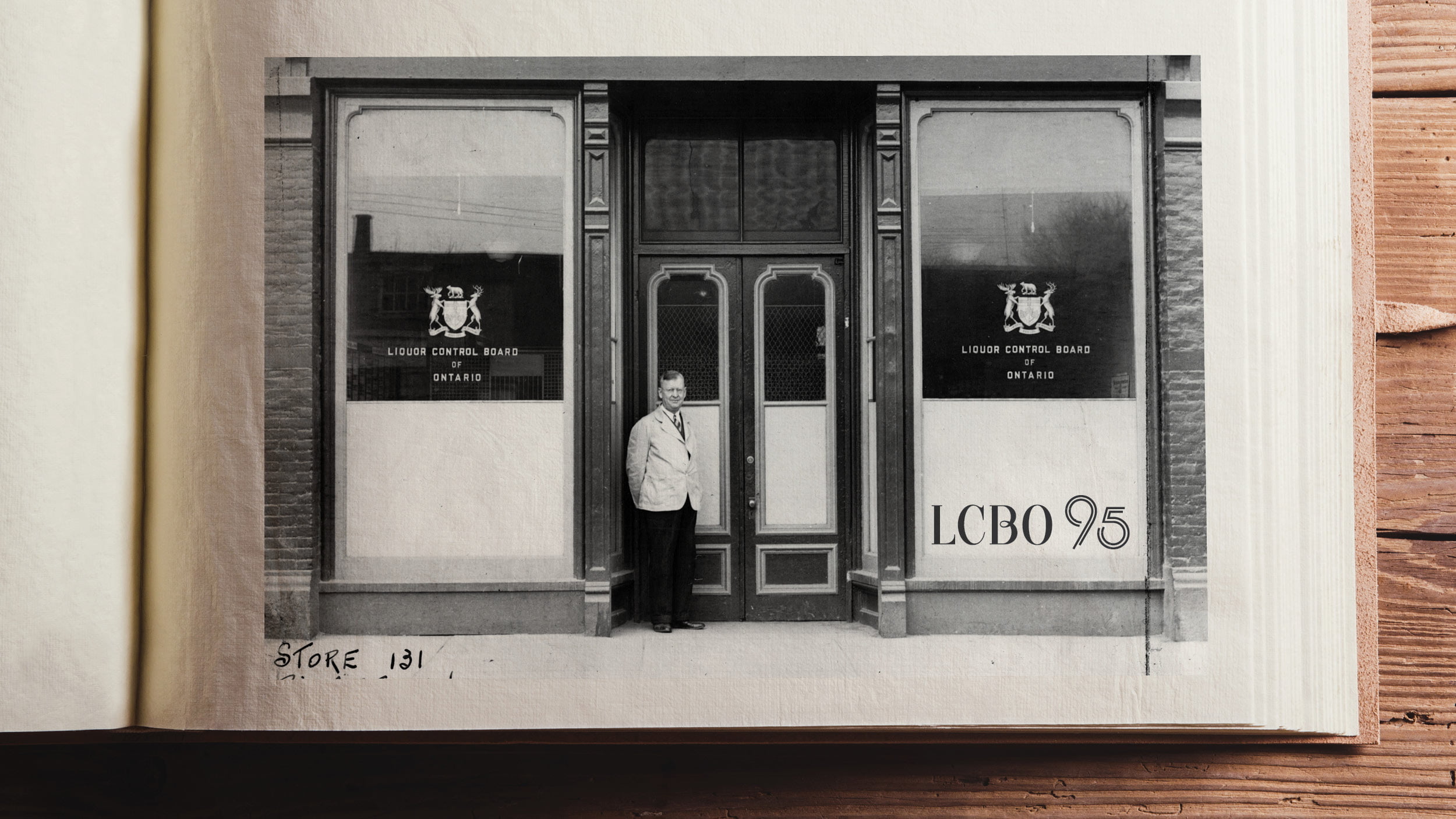gabe
Senior Member
I used to buy craft beer from Vancouver in Buffalo NY, but i can't get the beer anywhere in the province of Ontario. Absolutely ridiculous how the LCBO/beer store screws us over. Time to end these monopolies.
I used to buy craft beer from Vancouver in Buffalo NY, but i can't get the beer anywhere in the province of Ontario. Absolutely ridiculous how the LCBO/beer store screws us over. Time to end these monopolies.
Whatever the law might be, I’m observing wineries don’t really care and don’t obey it. I ordered several time from wineries outside of Ontario. Shipment was received within a couple of days. My favourite is Tidal Bay from Nova Scotia. https://grandprewines.com/collections/our-wines
I asked at the new LCBO at Lakeshore why they don’t sell wine from Nova Scotia. The guy said people in that province drinking their own wine. Nothing left to be shipped to Ontario. He said that in all seriousness!

 retail-insider.com
retail-insider.com
Excuse is "inflation".Stock up. Price hike yet again. I feel sorry for all the independent bars, restaurants, distilleries, craft brewers, wineries, across Canada who are still trying to recover from the COVID restrictions.
People don't recognize that many multi-site retail operators have become real estate holding companies that just sell stuff for cash flow. Even with some of those that are franchise operations, 'corporate' owns the real estate.The store at Gerrard and Ontario (if you thought the Jane/Dundas store was bad) has been closed for several weeks now, and is boarded up, awaiting redevelopment.
Brewers Retail might be slowly dying, but they’re cashing out huge on the Toronto store properties.
People don't recognize that many multi-site retail operators have become real estate holding companies that just sell stuff for cash flow. Even with some of those that are franchise operations, 'corporate' owns the real estate.
It makes sense for Brewers Retail to sell too as the province will more than likely terminate their contract once the current one runs out in, what, 2025?
Ford has clearly decided to wait out the contract, but I see no reason as to why he would keep them around and not fulfill his original election pledge of opening up beer sales when the opportunity arises. I imagine most Beer Stores will shutter by then if they haven't already been redeveloped. The writing is on the wall.




